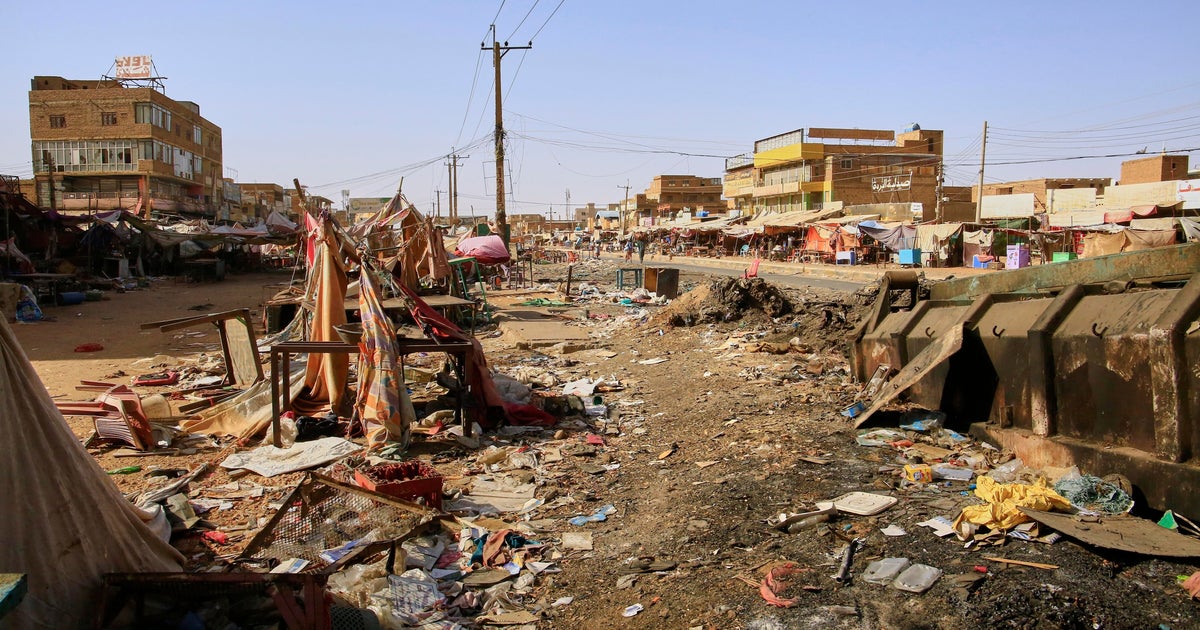Deadly Assaults on Darfur Camps Leave Over 100 Dead, UN Reports
At least 100 people have been killed in a series of brutal attacks on humanitarian camps in Sudan’s Darfur region, according to a United Nations official. The assaults, which occurred over the past week, targeted displaced civilians sheltering in makeshift camps near El Fasher and Nyala. Witnesses describe indiscriminate violence by armed militias, raising urgent concerns about the safety of vulnerable populations amid Sudan’s escalating conflict.
Escalating Violence in a Fragile Region
The Darfur region, already scarred by decades of conflict, has witnessed a dramatic surge in violence since the outbreak of war between Sudan’s military and the paramilitary Rapid Support Forces (RSF) in April 2023. The recent attacks mark one of the deadliest incidents against civilians in months, with women and children among the casualties. Local sources report that armed groups burned shelters, looted supplies, and opened fire on fleeing families.
“This is a horrific reminder of Darfur’s unresolved trauma,” said Dr. Amina Hassan, a Sudan researcher at the International Crisis Group. “Civilians are trapped between warring factions, with nowhere safe to turn. Humanitarian access is shrinking by the day.” The UN estimates that over 9 million people in Sudan now require emergency aid, with Darfur among the worst-hit regions.
Eyewitness Accounts and Survivor Testimonies
Survivors described scenes of chaos as armed assailants overran the camps. “They came at dawn, shooting and shouting,” said Fatima Ahmed, a 34-year-old mother who lost two relatives in the attack. “We ran into the desert, but many couldn’t escape.” Medical staff at nearby clinics reported treating dozens for gunshot wounds and severe burns, though many victims lacked access to care due to damaged infrastructure.
The UN Office for the Coordination of Humanitarian Affairs (OCHA) has documented:
- 100+ fatalities across multiple camp locations
- 200+ injured, with critical shortages of medical supplies
- 15,000+ displaced in renewed exodus from the camps
International Response and Calls for Action
UN Secretary-General António Guterres condemned the attacks, urging “an immediate cessation of hostilities and accountability for perpetrators.” However, diplomatic efforts have stalled amid competing global crises. The International Criminal Court (ICC), which has previously investigated war crimes in Darfur, faces challenges in gathering evidence due to security risks.
Meanwhile, humanitarian organizations warn of a looming catastrophe. “The camps were already operating beyond capacity,” said Mark Simmons, Sudan director for Mercy Corps. “Without urgent funding and safe access, starvation and disease will claim more lives than bullets.” Less than 20% of the UN’s 2024 Sudan humanitarian appeal has been funded.
Root Causes and Regional Implications
Analysts link the violence to Sudan’s broader power struggle, with rival factions exploiting ethnic divisions in Darfur. The RSF, which originated from Darfur’s Janjaweed militias, has been accused of systematic attacks on non-Arab communities. “This isn’t random violence—it’s a calculated strategy to displace and terrorize,” noted Dr. Hassan.
The crisis also risks destabilizing neighboring Chad and South Sudan, where over 1.8 million Sudanese refugees have fled. Chad’s government has called for emergency UN Security Council discussions, while regional peace initiatives remain fragmented.
What Comes Next for Darfur’s Displaced?
With Sudan’s rainy season approaching, aid groups emphasize the need for:
- Secure humanitarian corridors to deliver food and medicine
- Enhanced monitoring to prevent further atrocities
- Long-term solutions for displaced communities
As global attention wavers, Darfur’s civilians pay the price. “We’ve survived genocide before, but now the world looks away,” said camp elder Youssef Ibrahim. For survivors, the path forward remains uncertain—and perilous.
Call to Action: To support relief efforts, consider donating to vetted organizations like the UN Refugee Agency (UNHCR) or Médecins Sans Frontières. Advocacy for political action is equally critical to prevent further loss of life.
See more Update My News



